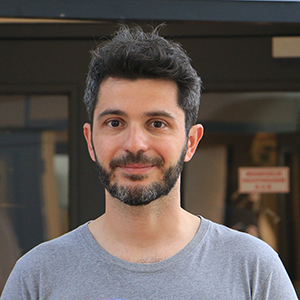Single cell biology of neural cell identity
Cellular identity, Neural stem cells, Single cell genomics
Research aim
We strive to discover how the immense cellular diversity of the human brain is generated and maintain. The mechanisms specifying cellular identity help us better understand brain function as well as cognitive dysfunction and malignant growth.
About us
The cellular diversity of the human brain is immense, which is generated through evolutionarily conserved developmental mechanisms that are well-timed. The system is robust enough to create functional masterpiece; yet is susceptible to failure that may lead to cognitive dysfunction or malignant growth. We study the molecular and cellular mechanisms underlying the functional diversity of the adult reward system, which is a multi-regional network central in several cognitive processes, cell fate choices leading to its development and how these are linked to the progression of time.
We generate new fundamental knowledge and reuse existing high-volume data for data mining. Our work includes internal collaborators with the translational neuroscience department, at the neighboring Hubrecht Institute and Utrecht University as well as national collaborations.
To achieve our goal, we use state-of-the art single cell RNA and epigenome sequencing techniques, CRISPR-mediated gene inactivation, mouse genetics, bioengineered organoids and advanced computational tools to run multidisciplinary, collaborative projects.

